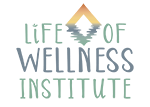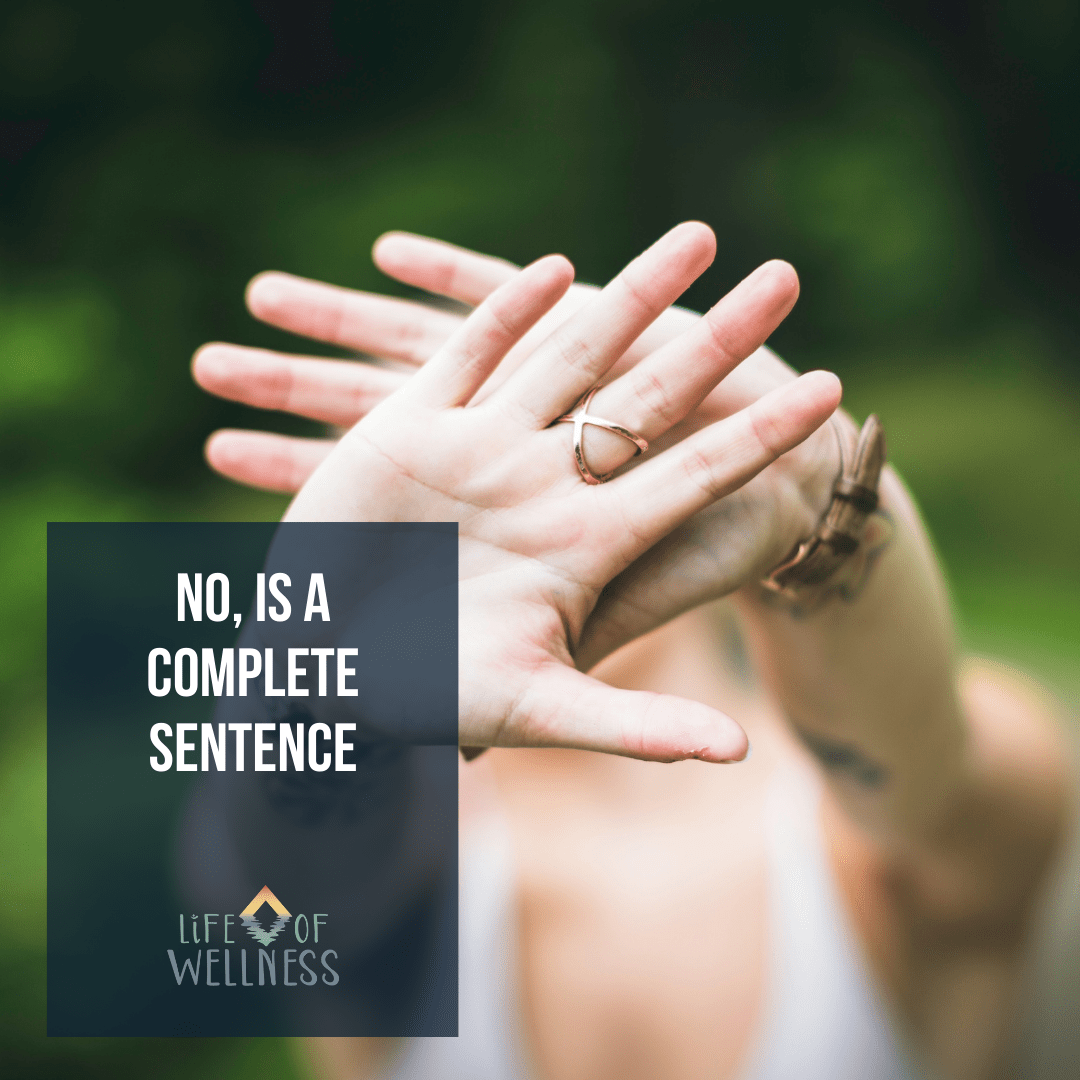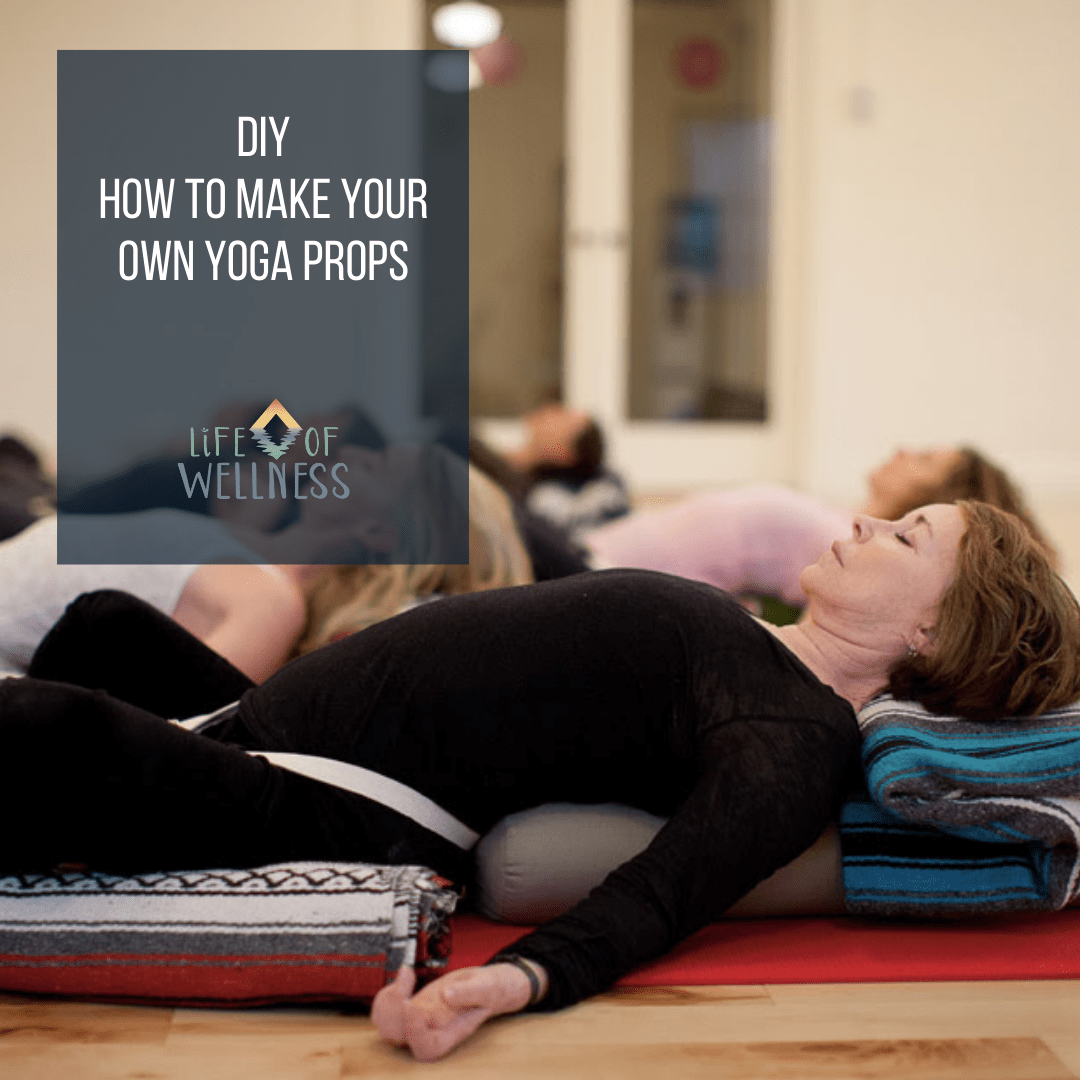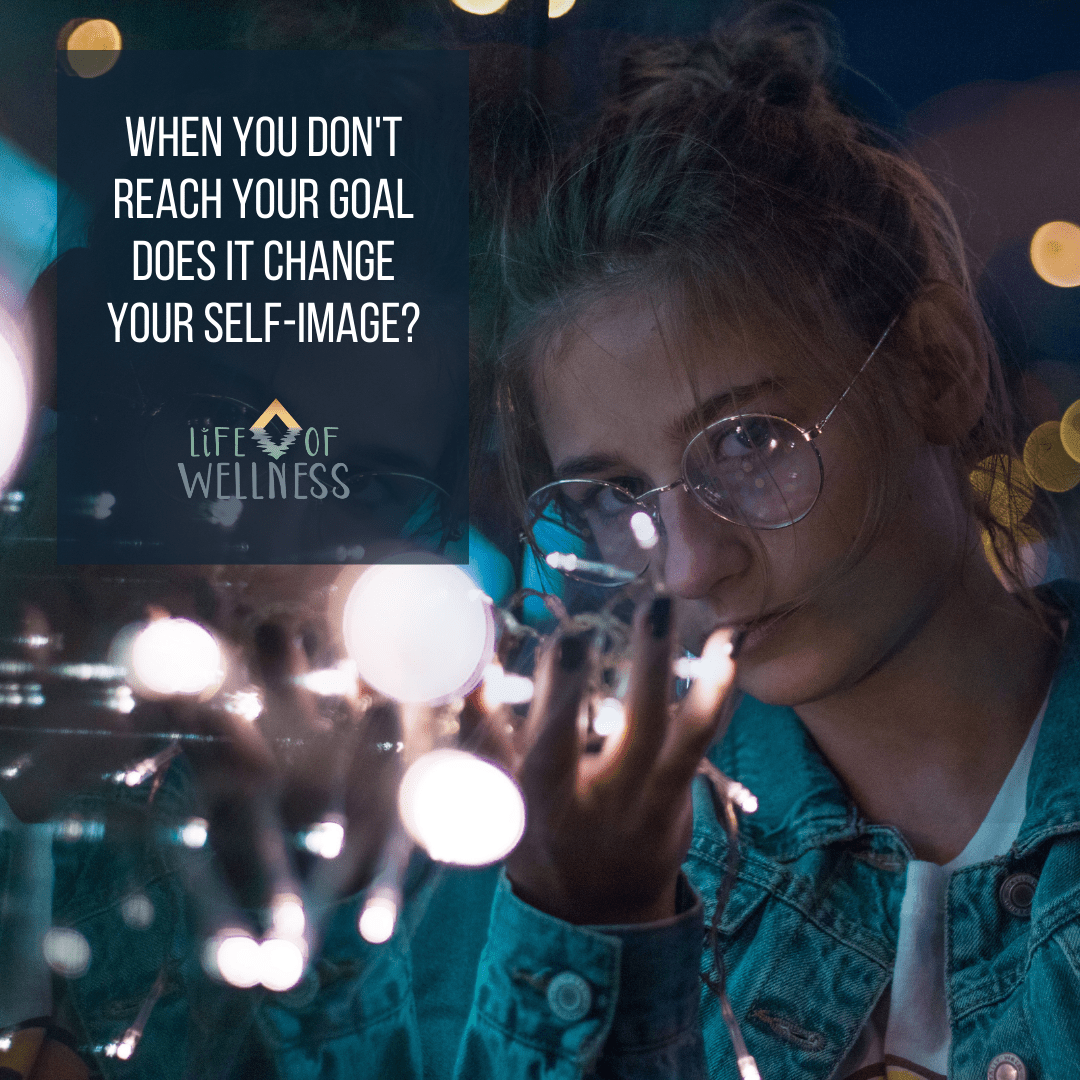The notion of self-care, often perceived as a contemporary trend, has, in reality, been an integral part of human history. However, the modern interpretation of self-care has been commercially exploited, leading to an externalized perspective of self-care, which historically perpetuated a divide between the privileged and the less fortunate.
The Interplay of Self-Care, Affluence, and Societal Expectations:
Self-care has become entwined with societal expectations and has often been associated with affluence and privilege. Unfortunately, this association has roots in historical events where colonial powers imposed their own standards of hygiene, diet, clothing, education, and more on other cultures. As a consequence, these “standards” of self-care became tools for controlling access and denying social rights in various societies, including the history here in Canada.
Acknowledging the Dark Past and Learning from It:
Recognizing the darker aspects of self-care’s history can offer invaluable lessons for us today. While some progress has been made in understanding its past implications, the danger lies in perpetuating the notion that self-care serves as a measure of an individual’s worth. By doing so, we lose sight of its true purpose.
A Historical Glimpse: Self-Care from the 1960s to the 1990s:
To shed light on the historical evolution of self-care, this section offers a simplified overview of the period between the 1960s and the 1990s. It is essential to emphasize that this is not an exhaustive account and primarily focuses on Western perceptions of self-care.
In the ’60s and ’70s:
During the 1960s and 1970s, a profound shift towards self-care, self-governance, and social justice began to take root. As awareness grew, studies began to explore the effects of intense stressors on individuals in emotionally demanding professions like social work and trauma therapy. These early investigations into the connection between our actions and our well-being continue to influence our understanding of self-care today. Simultaneously, on a societal level, activism gained momentum as communities rallied for change, driven by a newfound awareness both locally and globally. Grassroots, community-based organizations emerged, seeking to bridge the gaps in government-run support systems, particularly for those facing low income and limited access to quality care. Moreover, smaller groups sought alternative ways of living, embracing value-based choices and stepping away from conventional norms.
These early transformations in the perception of self-care and self-expression instilled the belief that individual choices were not solely determined by economic class but were within the grasp of each person. While these changes forever altered our society, they also ushered in new methods of using self-care as a tool of measurement.
The ’80s:
In the mid-1980s, our understanding of self-care underwent further evolution, becoming intertwined with concepts like time management, productivity, and work-life balance. Whether through individual efforts or corporate-led training, we became acquainted with strategies to “do more with less.” Companies like Covey emerged, offering systematic approaches to “improving ourselves” and our productivity, both at work and home.
Interestingly, as productivity-centric ideologies gained popularity, a quieter movement surrounding wellness and lifestyle began to take shape. Practices like Meditation, Mindfulness, and Yoga, which had been present in the West for over a decade, started to gain traction among a silent minority seeking to embrace acceptance, curiosity, and a break from the constant drive for efficiency.
The ’90s:
The ’90s ushered in the catchphrase “Think Different,” encouraging individuals to craft their own lives, stand out, and be noticed. While seemingly empowering and forward-thinking, it is essential to contextualize this slogan as a marketing strategy by companies looking to align themselves with the spirit of the times—a desire for self-expression and a challenge to the status quo, subtly urging consumers to purchase their products.
During this era, the focus shifted towards the pursuit of personal luxuries and possessions, turning ownership into a new benchmark for self-care. As walkmans, iPods, and cell phones made their debuts, these gadgets became culturally significant symbols of connectedness. Paradoxically, in a world where the fundamental human need is connection, these very technologies started to question whether our newfound connections were genuinely meaningful. This dilemma expanded as the 21st century progressed, introducing new forms of social communication designed to keep us “connected” through their platforms.
Curiously, today we find ourselves measuring self-care based on our ability to disconnect from these very same technological tools. Weekly, we encounter videos and messages urging us to seek more authentic human connections and a reconnection with ourselves and nature, often juxtaposed with advertisements for the latest technological distractions.
Conclusion:
As we explore the history of self-care, we recognize that the concept has traversed various phases, shaped by societal norms and commercial interests over time. By delving into its past, we can untangle biases and external pressures that have influenced our understanding of self-care. This knowledge allows us to embrace a more inclusive and authentic practice, extending its benefits to everyone, regardless of social status or background.
Are you frustrated yet?
When this all showed up for me, I was furious. Like many others I have spoken to, I began looking at minimalizing, limiting technology in response to this awareness. And then it occurred to me, is that the newest measurement of self-care? So how can we self-care in a way that is helpful to our well-being?
Let’s get back to the basics! What does self-care mean? Here is the definition of self-care from the Oxford Dictionary.
- 1.0 The practice of taking action to preserve or improve one’s health. ‘autonomy in self-care and insulin administration.’
- 1.1 The practice of taking an active role in protecting one’s well-being and happiness, particularly during periods of stress.
I don’t know about you, but I felt relieved when I connected myself to what self-care means. Stated self-care means taking care of myself to preserve and improve my health. That’s it! It is not measured externally and can not be sold to me. So instead of providing a top 10 ways to self-care post, as you may have imagined, I will give you a way to figure that out for yourself.
Before we begin, I also want to emphasize that in no way do I want you to leave this post feeling like spending money on self-care or material possessions is good or bad. One of my favourite forms of self-care is a bubble bath and doing my nails; both actions invite being at home, cozy and giving to me. I want you to ask, looking for yourself free from the often associated external influences and measurements.
Self-Care designing questions
Understanding our parasympathetic nervous system
- When do I feel calm?
- What activities support me in feeling a sense of calm?
- What is different after these activities?
- How do I experience being calm?
- What is the difference between when I feel calm and when I do not?
- What helps me feel rested?
- When do I feel at my best? What am I doing? What is around me?
- When do I feel a need for that sense of calm?
What does your body good?
- Which foods support my body’s ability to do what I ask of it?
- What foods leave me feeling tired and achy?
- Which activities support my mind’s ability to feel calm and clear?
- Which activities leave me feeling tired, stressed or frustrated?
- What type of environment do I feel the safest in?
- How do I feel during moments of stillness?
- What types of stillness support me?
- How do I feel during movement?
- What types of movement help me feel healthy and strong?
Understanding your Stress and Fears
- How do I know I am stressed?
- When I feel stressed, where and how do I feel it?
- When do I feel stressed?
- What activities allow me to distract from stress?
- How does my stress change after these activities?
- How do I experience fear?
- When I feel fear, where and how do I feel it?
- When do I feel fear?
- What activities allow me to distract from fear?
- How does my stress change after these activities?
- What one thing could I give myself at this moment?
Continue reading Life of Wellness Blog
Disclaimer:
No content on this site, regardless of date, should ever be used as a substitute for direct medical advice from your doctor or other qualified clinicians.




This post was truly worthwhile to read. I wanted to say thank you for the key points you have pointed out as they are enlightening.
Thank you Eleanor for your feedback. Have a wonderful day!